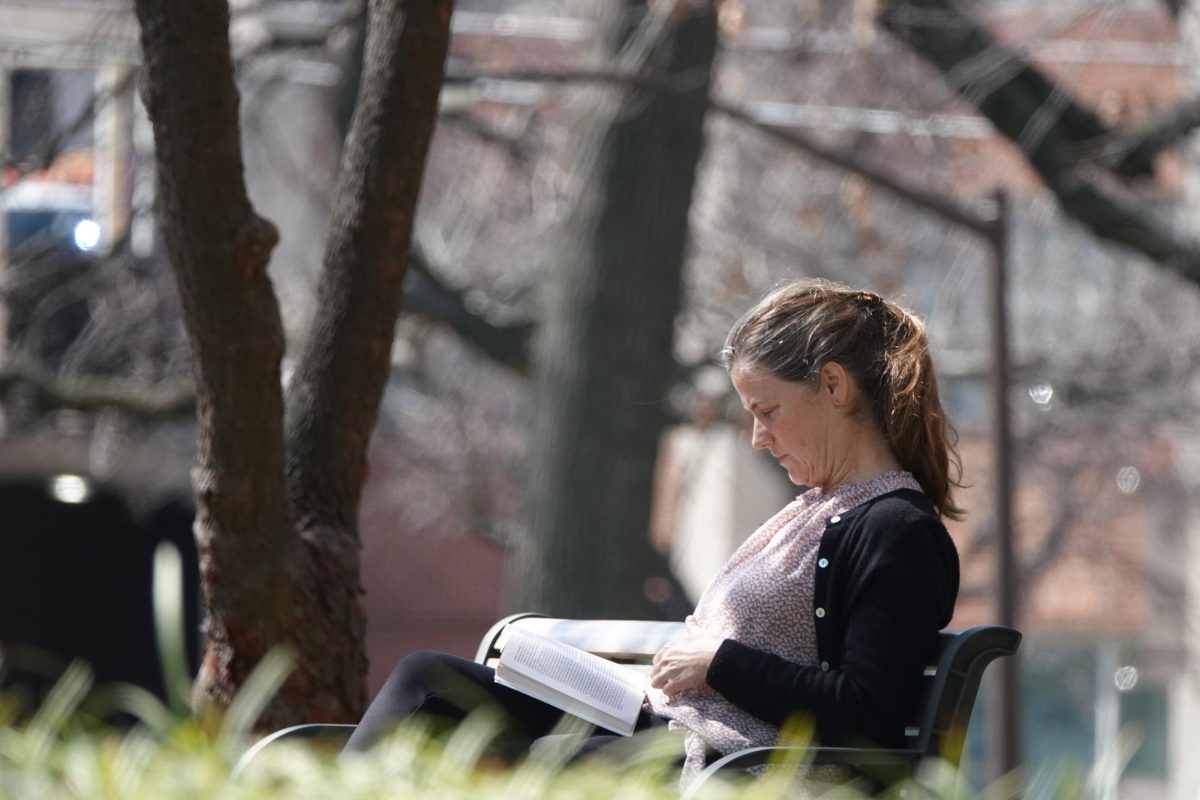I, like many college students around the world, despise this time of year. Sure, the cool weather and crunchy leaves are enticing, but all the merriment of fall is completely overshadowed by the dread of midterms. In the same way fall is a season filled with candles and cable-knit sweaters, midterms create a season for themselves that spans a gruelling several months rather than several weeks.
As a freshman at Vanderbilt, I have been experiencing so many wonderful firsts, like new friends and dreadful all-nighters, but there is no sweetness to the mess that is midterm season.
I am used to my high school exams being a race between students to see who could regurgitate the most facts about the Vietnam War, and so far my college exams create a magnified version of that stress. There is much less regurgitation of content, which I appreciate, but there is also much less guidance in terms of what exams will cover. One of my upcoming midterms will test on the full breadth of the class, and after two long months of internalizing class material without breaks, it feels impossible to do well.
Midterm stress and anxiety has been so popularized in the world of higher ed, that it has been largely normalized; when you Google “midterm season stress,” there are pages of colleges and universities offering redundant tips for how to reduce anxiety. As a result, genuine anxiety is brushed off as a byproduct of testing season, and this time of year is now conflated with legitimate mental illness. It is important to note the inextricable trend between college midterms and anxiety and acknowledge that either campus resources should be focused on this problem or midterm tests should be eliminated entirely.
Even as much as midterms have ravaged this autumn season, as a political science major, I count myself extremely lucky that I am not a STEM student. My classes give me the opportunity to wax on political regimes, but entry-level STEM courses are much more rigid in their expectations. I have heard many horror stories about CHEM 1601, and as a former STEM student myself, I understand the importance of empirical testing in the field. Subjects like biology and calculus test on right-and-wrong answers first and foremost, allowing professors to gauge the students’ understanding of content through grades earned on an exam. The beauty of a liberal arts approach to STEM courses, however, is questioning how a student got the right or wrong answer they did.
Midterm tests are not necessarily conducive to demonstrating and strengthening a student’s thought process.
I recently met with Professor Bruce Hughes from Vanderbilt’s math department, who is one STEM professor that takes a different approach to measuring comprehension. Hughes teaches MATH 2500, or Multivariable Calculus and Linear Algebra, and 55 percent of his class grade comes from homework proofs, with a measly fifteen percent allocated to the midterm exam. He explained to me that tests provide a small window of time to display understanding, and that math tests do very little to prepare for the larger career.
“[Exams are] certainly not the way mathematicians do mathematics,” Hughes stated.
Admittedly, the nature of this specific course relies on mathematical proofs, but all collegiate math courses, and collegiate courses at large, could benefit from Hughes’ wisdom. A student gains nothing from a pressure cooker midterm exam; the important learning takes place in class discussions and asking questions of your professors. Even administering tests throughout the term instead of only twice each semester would reduce stress and the ever-present likelihood of cramming that comes with midterms.
When I applied to Vanderbilt, the thing I valued most about the school was its liberal arts program. I would finally have the opportunity to leave the stifling confines of high school, which focused solely on grades and GPA and let comprehension fall to the wayside, and shift to an environment truly interested in exposing me to interests. By and large, Vanderbilt and its professors do a great job of this, testing the bounds of their students’ preconceptions, but eventually, they always result back to consolidating months of learning into one day.
When professors make their students consolidate weeks of dense class material into a short period of time, they may test a student’s comprehension, but they do not measure the ability of the student to question the world around them. The nature of liberal arts colleges like Vanderbilt is their desire to teach its students to ask questions, not just blindly answer them; the standards set by midterms are incredibly regressive.
I am in no way advocating for the complete abolition of grades; as someone who fought for her A’s in high school, I do not wish to abandon them now. I merely hope to suggest an alternate path for success. Midterm testing pulls us away from the realm of meaningful application and career preparedness expected from our university, but there are ways to course correct. Discussions baked into class structure are a great way for students to learn from each other. Even a regular quizzing schedule helps take pressure off of the singular day in October and allows students to examine what topics they may need more help on.
I urge Vanderbilt professors to consider what they hope to achieve from administering a traditional midterm and how those same goals can be reached using another type of assessment. Think on what it means to be a liberal arts school, and step up to the standards you claim to value. To my fellow Vanderbilt students, I encourage you to luxuriate in fall wherever you can; don’t let midterms win.




